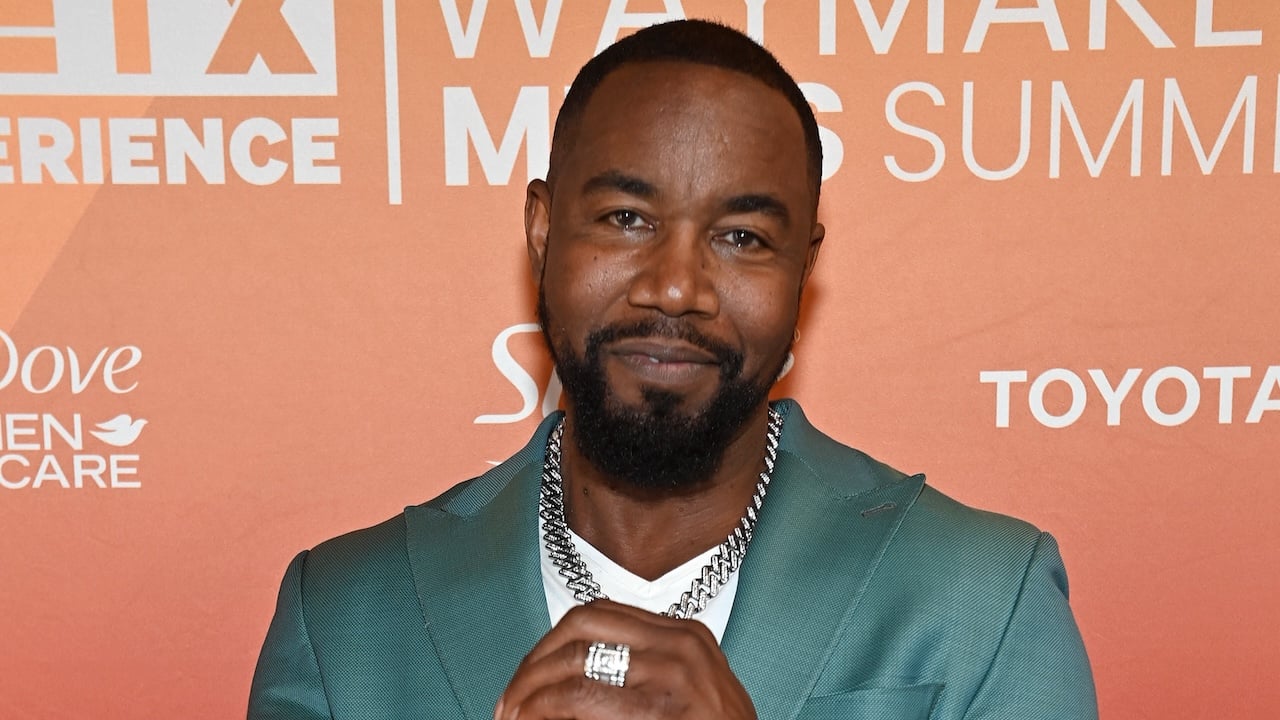
You probably never anticipated needing a guru to teach the robots how to optimize your business. Yet, here comes 2024, and it’s happening. So it’s time to get serious about what your company needs in an AI consultant or futurist consultant (so many names for this new role abound) and how to vet an AI consultant so you can weed out the true experts from the wannabes.
What is an AI consultant?
First, it helps to determine if this is a role you need to hire for in the first place. Steve Tom, AI expert and Adtalem chief customer officer, works with AI in his company. Adtalem uses the tech at its institutions to help future counselors prepare for crisis situations—an AI-based “digital human” helps students train by acting as a mock client. Tom says typically companies know it’s time to start working with AI when you are met with an opportunity or interest, but aren’t sure how to get started.
“That’s where an AI expert helps an organization go from intrigue to opportunity and then to execution and realization,” he says.
It’s a field exploding with potential. According to ZipRecruiter, the average hourly pay for an artificial intelligence consultant in the United States at the time of this writing is $42 to $56 an hour. Statista reports the global artificial intelligence market is expected to reach a value of $208 billion USD in 2023 and $1.8 trillion USD by 2030. So even if ChatGPT is the equivalent of a not-smart flip phone in a few years, an innovative and progressive AI consultant will be there to help with that transition into the future. In fact, by 2025, AI should be responsible for creating nearly 100 million jobs (though they are sure to take a few along the way, other reports show).
According to the McKinsey Global Survey, roughly 55% of their respondents have adopted some level of AI in their business. Given this, here’s what to look for in an AI consultant, so they can prepare you for the future, as unknown as it might be.
Beware the “experts”
Just like the best chicken joints don’t have neon signs broadcasting “best chicken in the city,” highly sought-after AI consultants aren’t using the generic and empty term “expert,” according to Beth Noveck, director of the Burnes Center for Social Change at Northeastern University and core faculty member at the school’s Institute for Experiential AI. Look for actual qualifications and work experiences, not people touting themselves as “experts.” It’s really too soon for that, she says.
“Beware the experts—these technologies are all very new, and they are all still evolving. It’s really important not to be frightened, dazzled, scared, confounded by people pitching themselves as having expertise in something, because we are all still learning what they do,” she says, adding that many of us can teach ourselves over time by playing with AI, too.
How to vet an AI consultant: Zero in on your problem to find the solution
“What’s the problem you are trying to solve?” Noveck says we must ask ourselves this question as leaders looking at a vast world of AI technologies. “What is it you are trying to learn or understand? What’s the problem that you’re trying to solve?” Noveck poses. “That’s the case with any sort of new tool.”
When you have this answer, you will have a better idea of who you need.
“Otherwise, you’re going to have a lot of people coming in sort of selling snake oil pretending to have the answers in AI,” she says.
Ask process-oriented questions
“It’s one thing if you’re hiring a heart surgeon—you want someone who’s done this a lot,” Noveck says. “Be wary of anybody who pretends to have a crystal ball and the answers.” Instead, she says, ask the hard questions alongside a thought partner/consultant, such as, “How could these affect my industry? My customers? My workforce?”
Given this, you can ask the potential AI consultant in an interview to go over their process, including the types of questions they’d be asking company leaders, to determine how the consultant works and if you agree with their philosophies.
Use a paid test assignment
Don’t commit to a long-term relationship without testing out a consultant. Of course, it’s ethical to pay them for their time at the rate they’d be getting otherwise, depending on the situation.
“One technique that I’ve always found helpful is to ask the individual or potential partner to frame a solution to a potential need,” Tom says. “This tests the depth of their approach and also gives your internal teams the opportunity to review and ask questions when they come in to present it to determine how well the individual or partner has thought through the approach. Of course, considering multiple options also gives you the opportunity to compare the robustness and end-to-end thinking across the options.”
The best consultants might not be who you’d expect
Ask Noveck what her teenage son does for his part-time job, and you might be surprised to find out that it isn’t slinging pizzas or babysitting on the weekends. He’s an AI consultant, and doing quite well. This speaks to the fact that you can teach yourself AI, and that some of the best consultants might not be the traditional business people promoting themselves on LinkedIn as such.
“He works with a journalist, helping them do research, using things like Claude and ChatGPT and Bard, so it comes in very handy for him to be able to be a research assistant,” she says. “These tools open up possibilities. It’s why you see countries like Finland, Japan and India providing free AI training to the public in order to promote economic development.”
So, when thinking about how to vet and hire an AI consultant, consider word of mouth more than ever. Ask other leaders for recommendations, and keep your mind open to what an AI consultant might be—age, location and experience might vary from your traditional expectations.
Photo by Roman Samborskyi/Shutterstock.com




